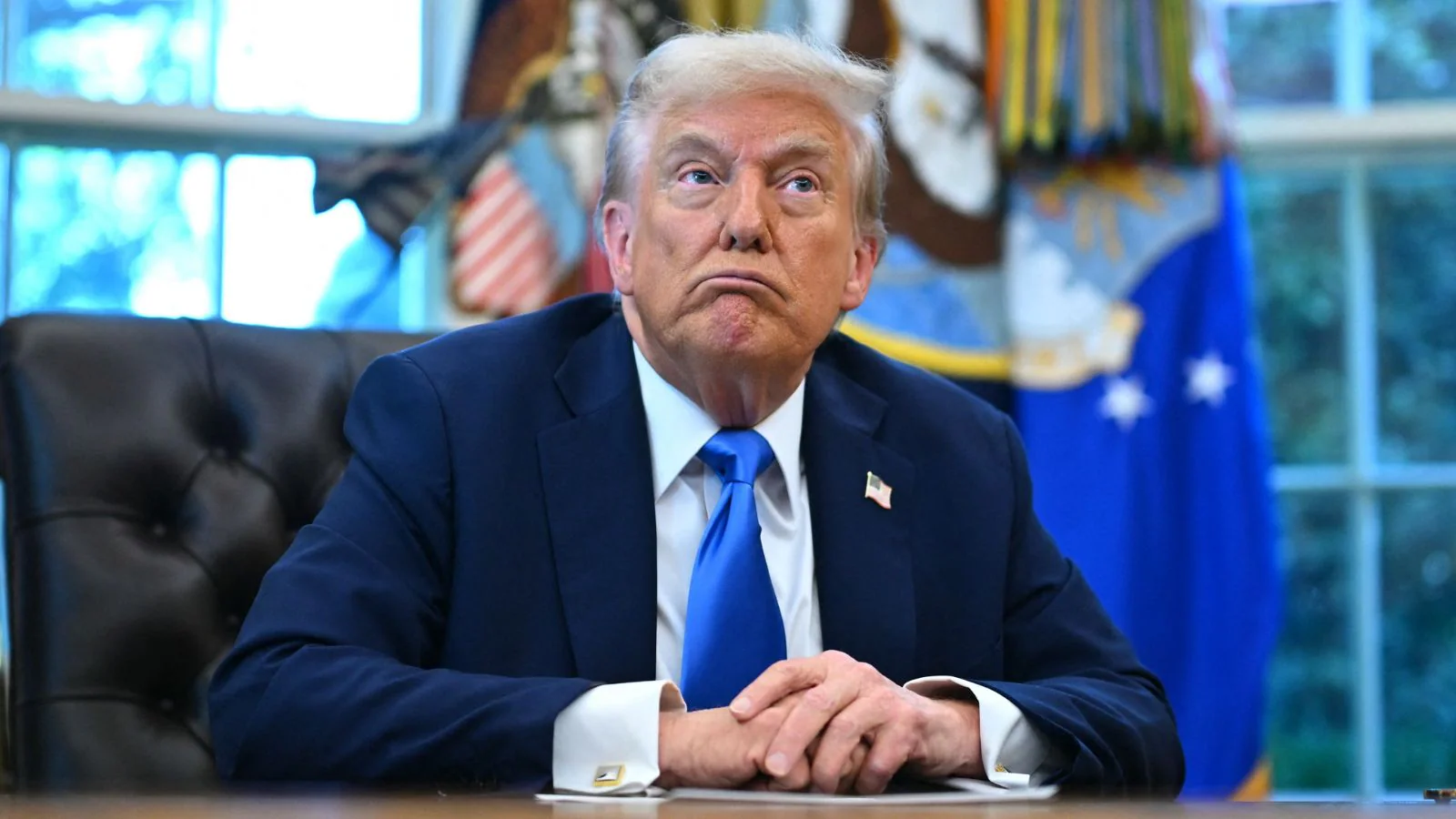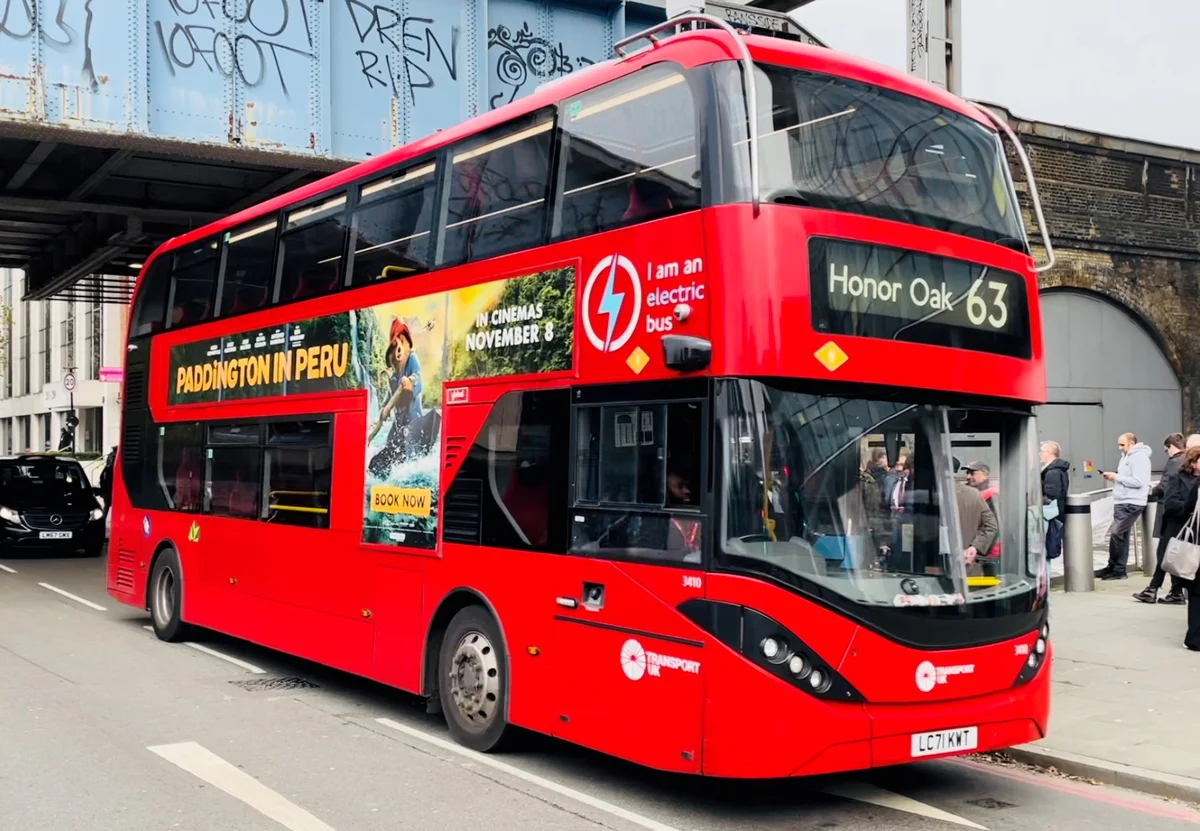By Aparna Deb,News18
Copyright news18

America’s largest business lobby, the US Chamber of Commerce, is considering legal action against the Trump administration’s move to impose a $100,000 fee on new H-1B visa applications, Bloomberg reported. The decision has reignited debate over the role of Indian professionals in the US economy and the political calculus behind Washington’s increasingly restrictive visa policies.
Chamber officials held consultations this week with member companies through calls and virtual meetings to test support for a lawsuit, reflecting unease among large corporations — especially technology firms that are the heaviest users of the H-1B programme.
The Chamber had previously challenged Trump’s 2020 proclamation suspending non-immigrant visas, winning in federal court. This time, its ability to proceed hinges on rallying member companies and demonstrating legal harm.
“We continue to be inundated with member concerns and are communicating those concerns and questions directly to the administration,” Chamber spokesperson Matt Letourneau said. “There was tremendous concern about the prospect that the proclamation could be applied to current visa holders. We are appreciative of the administration’s ongoing clarifications about the scope of this action.”
Why Indian talent is at stake
Indian professionals dominate the H-1B programme, forming a significant part of the US technology and healthcare workforce. Amazon, Microsoft and Meta are among the top employers of H-1B holders, with Amazon alone hiring more than 10,000 in the past decade.
The steep fee comes after months of political campaigns targeting Indian professionals on social media. Critics argue the move undermines US competitiveness, given that Indians are among the most educated, highest-earning and best-assimilated immigrant groups in the country.
Adding irony, two Indian-origin executives were elevated this month to lead major US corporations — Srinivas Gopalan, an IIM Ahmedabad alumnus, as CEO of T-Mobile, and Rahul Goyal as CEO of Molson Coors — joining peers like Satya Nadella (Microsoft) and Sundar Pichai (Google).
Industry voices warn of costs
Compete America, a coalition of major firms including Amazon, Apple, IBM, Accenture, Meta and Microsoft, has urged the administration to reconsider. “The administration’s new proclamation imposing a $100,000 payment per worker undermines the President’s goal of strengthening US leadership in cutting-edge technology and threatens to surrender the future of our country’s innovation and technology industries to our biggest global competitors,” said executive director Scott Corley.
Nvidia CEO Jensen Huang also weighed in: “We want all the brightest minds to come to the US and remember immigration is the foundation of the American Dream.”
Indian-American attorney and Trump ally Harmeet Dhillon added that foreign-trained physicians have long sustained rural American communities, criticising attempts to “scapegoat” immigrant doctors instead of addressing shortcomings in US medical education.
Economic reality vs political calculus
Indian professionals are deeply embedded across sectors — from Silicon Valley coders to small-town doctors — and are seen as crucial to sustaining America’s innovation economy. With declining birth rates and retiring Baby Boomers, economists warn immigration remains the only sustainable lever to support growth.
The Congressional Budget Office projected in March 2025 that the US could enter population decline by 2033 without immigration. Central bankers at this year’s Jackson Hole conference similarly cautioned that advanced economies face looming worker shortages unless they embrace skilled migrants.
Yet, political realities continue to drive policy. Trump’s “America First” message resonates with voters concerned about jobs, even as businesses warn that restrictive measures risk weakening the US economy in the long run.
For now, the Chamber is gauging whether it can rally enough corporate support to mount a legal case. The contradiction, however, is clear: America needs Indian talent to power its economy, even as its policies risk pushing them away.



